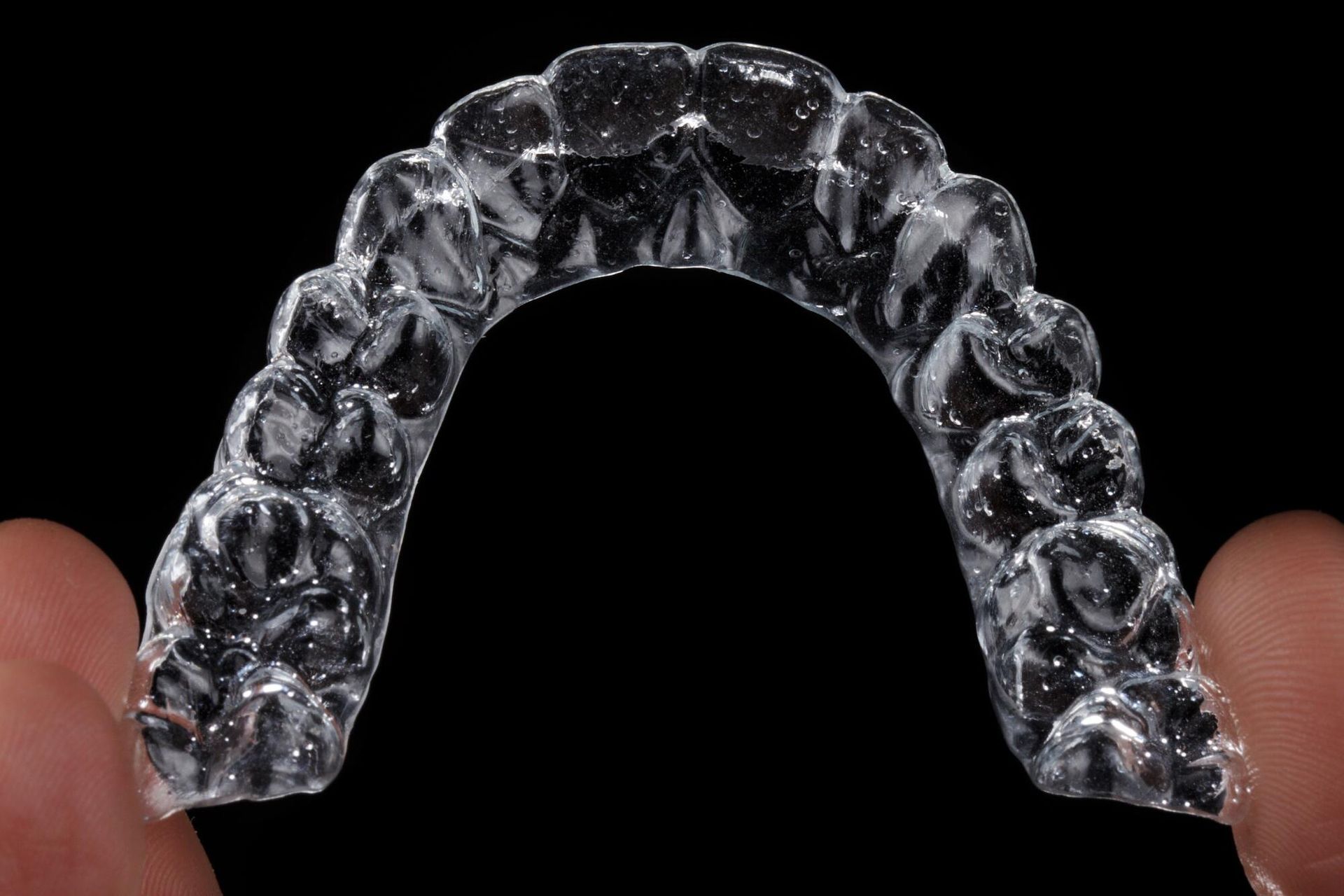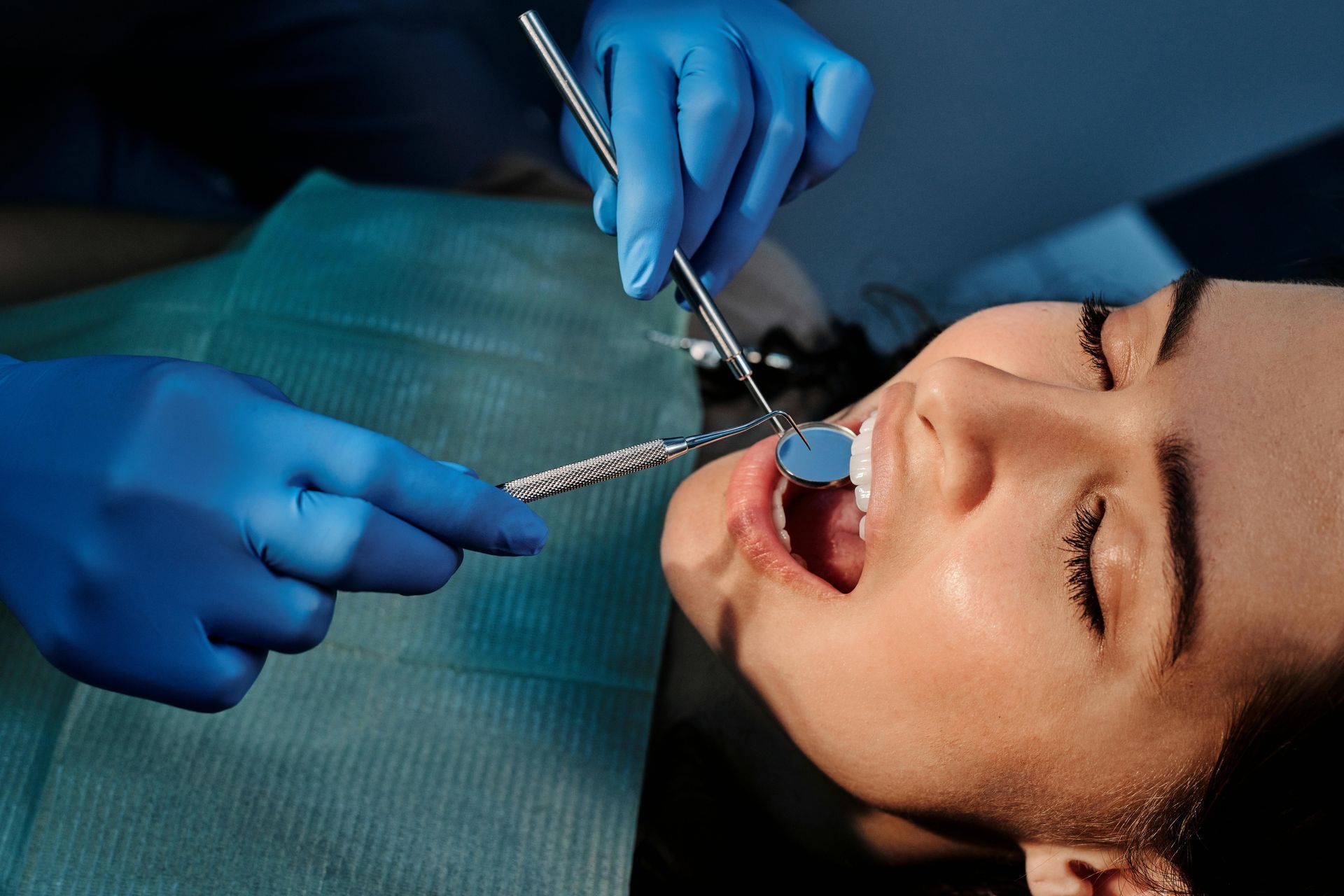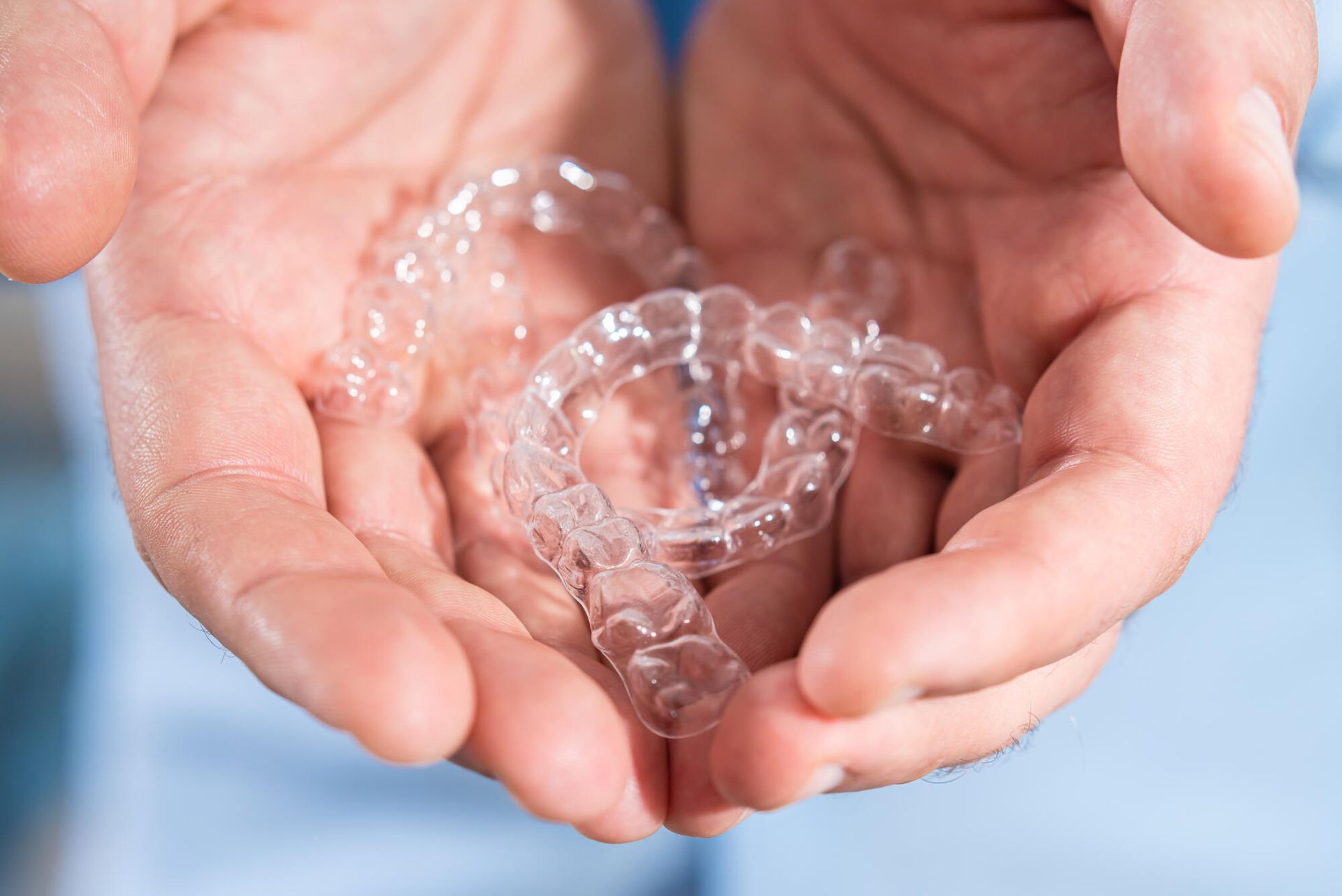Blog

A post by ConsumerAffairs reveals that clear aligners are 80-90% effective for mild to moderate tooth shifts. So you are right if you are considering them to improve your smile. They are better than traditional braces because they are clear, smooth, and removable. They also feel more comfortable and look more natural. You may, however, have questions about clear aligners before and after . You are unsure how the treatment works or what to expect. Before you get clear aligners, you want to know what happens at each stage. Below is a complete guide. It covers every step from consultation to post-treatment care and helps you prepare for your smile journey. Initial Consultation If you plan to get clear aligners, you will need a consultation with your dentist to determine if they are suitable for you. The first step helps them decide if aligners will work for your smile. You will also talk about your goals and what you hope to fix. Your dentist will: Check your teeth and gums Look closely at your bite Ask about your smile goals Review your dental history Explain your treatment choices To get clear and straightforward answers, visit a trusted clinic like Dentistry on 88 . Our team explains everything in easy terms and guides you with care. Digital Scanning and Impressions After your consultation, the dentist takes digital scans or molds of your teeth to begin planning. The step creates a 3D image of your mouth, showing the shape, size, and position of each tooth. The model helps the dentist see how your teeth should move over time and guides the next steps in your treatment. Scans also help design your clear aligners to match your specific needs. The process is safe, simple, and much easier than sticky molds. Most people find it quick and comfortable. Digital scanning ensures your aligners fit well and support smooth, steady changes in your smile. Treatment Planning Your dentist uses the scans to create a step-by-step plan for your smile. They decide how many aligners you will need and how long your treatment will take. The plan also shows how your teeth will move with each set of aligners . You even get to see a preview of your final smile. That is when you start to feel excited about the changes ahead. The treatment plan is a key part of cosmetic dentistry . It gives your dentist the tools to shape your smile most safely. With a clear strategy, each stage becomes easier to follow and understand. Aligner Fabrication Once your plan is ready, it is sent to a specialized lab. There, trained technicians use your scan to design your clear aligners. They shape each set to match your teeth and guide them through small changes. The aligners are made from smooth, clear plastic that feels light and fits well. Each tray moves your teeth a little closer to your final smile. You will receive several sets, each one specially crafted for you. Many people ask about the cost of clear aligners at this stage. Your dentist will explain the factors that affect the price and help you understand your payment options. Fitting and Instructions When your aligners arrive, your dentist checks how well they fit your teeth . They provide you with the first set and demonstrate how to wear and remove them correctly. You will also learn how to clean them and store them safely when not in use. Good care helps your aligners work better and last longer. Your dentist will explain how to handle your aligners daily. Following these instructions helps your treatment go as planned. Starting strong makes the rest of your treatment smoother and easier to manage. Regular Wear and Progress Checks Wear your aligners every day for 20 to 22 hours for good results. The longer you wear them, the better your teeth move. You can remove them to: Eat meals Drink anything but water Brush your teeth Floss between teeth Clean your aligners Regular visits to your dentist are essential as they help the dentist see how your teeth are moving. They ensure your progress aligns with the plan. Staying on schedule with visits and wearing your aligners as instructed leads to the best clear aligner results before and after . Following the rules helps you get the smile you want faster. Switching Aligners Every one to two weeks, you switch to a new set of trays. Each set moves your teeth a bit closer to your goal. Following the schedule helps keep your treatment on track. Changing trays on time ensures steady progress. Missing a change can slow down your results. Wearing each set as planned lets your teeth shift properly. Your dentist will guide you on when to switch. Keeping up with these changes helps your smile improve gradually. Post-treatment Retainers and Care After your treatment ends, your dentist will give you a retainer to keep your teeth in place. Wearing a retainer helps prevent your teeth from shifting back to their old positions. Following aligners' post-treatment care is just as important as the treatment itself. You will wear your retainer as advised by your dentist. Cleaning your retainer regularly helps keep it fresh and working well. Keeping up with regular dental checkups after treatment helps ensure your teeth stay healthy and your smile remains perfect. Taking care of your retainer and following your dentist's guidance helps protect your new smile for years to come. Clear Aligners Before and After: What to Expect at Every Step The clear aligners before and after the process give you more than a straighter smile. You receive a comprehensive plan from your first visit to post-treatment care. Dentists examine your teeth, design your trays, and help maintain the strength of your results. With the proper support, the journey stays smooth from start to finish. At Dentistry on 88, we guide you every step of the way . Founded in 2019 by Dr. Arif Viran i, we bring over five years of care to Bradford families. Dr. Virani studied at the University of Pennsylvania and treats patients of all ages. Get in touch for clear aligners in a warm and welcoming space.











